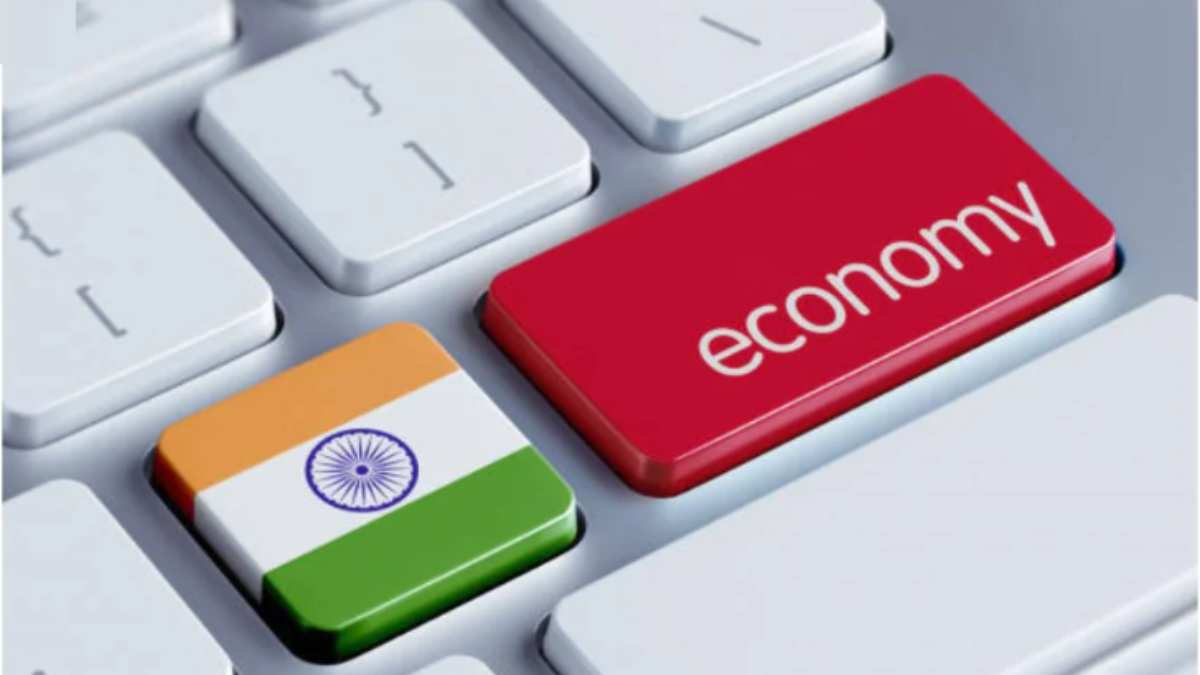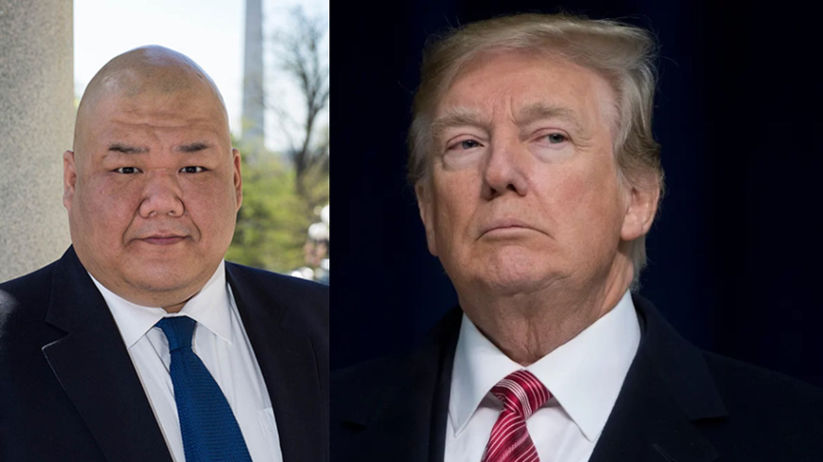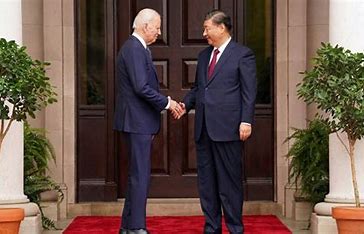
One reads of the various business-CXO-confidence or investor-interest surveys that various Industry associations publish. Most of them simply attest to the narrative that probably is expected to be deployed. Market intelligence as it’s called involves talking to various stakeholders in any value-chain, to gather their inputs, however trivial they might be. It allows for the gathering of patches of informal and unstructured information, along with structured information available across various sources in the market.
The many private conversations reveal totally different moods and sides of Corporate India and Entrepreneurial India. Most captains of industries, economists, traders, and business folks, and leadership professionals alike are indeed worried about economic growth and social development and wonder what can be done. One also wonders what if we use a wider social-media sentiment analysis tool about the same survey questions and analyse the responses. And to capture various keywords in Indian languages that citizens use to express their mood. Will the surveyors be in for a shock?
Despite having to cope with a very difficult Covid-19 outbreak, India has embarked on a path of structural reforms around agriculture, FDI, supply chains, labour laws. Assiduously chasing the target of improving its ranking on Ease of Doing Business, several reforms have been fast-tracked with perceptible improvements in the inter se position of India compared with other countries. The point that however begets an answer is that: is this enough?
In a crisis, it is okay to accept that we are trying various solutions. It is okay not to have the full blueprint of strategy for rebuilding the GDP. We continue to and will for more time, worry about the Inflationary concerns. Let’s not forget the back-of-mind constant worry on what will be global rating agencies ’ actions or reactions to the state of finance/economy?
While at it, the rhetoric on one side unduly continues, if India indeed had Covid second wave; and the worries about the potential third wave. The answer to this simply might be the aggressive universal vaccination efforts to cover our entire population; while our children will still be vulnerable until we figure the vaccine for them. With various states unlocking their geographies (not sure about the economy), Corporate India could see varying degrees of economic success. People (citizens) are still healing. Myriad are grieving and hurting too. The needs and wants of consumers have shifted; it is still premature to assess what could be that sustainable consumer behaviour. We do expect ‘revenge-shopping’, ‘revenge-travel’ and any other revenue-accretive ‘revenge-spending’ to help us reboot the economic engine. Let us not get carried away by the high valuations that our stock markets are showing. It is not representing our economy in the truer sense.
It is that early morning feeling, when the clouds slowly open up after 3-4 days of continuous heavy rains. You feel nice, the air is crisp and fresh, silent. And yet you know that a lot of work is at hand to rebuild the broken parts and to kick start life to normalcy. Extraordinary times like this need extraordinary efforts and willingness to experiment and even fail. A strategy of rebuilding (any) broken bridges and repositioning India as an investor-friendly market would require domestic investors and Indian industrialists too.
‘MARKET TO MILK’ VERSUS ‘ECONOMY TO INVEST IN’
India has to remember that we are a ‘market’ (for the world to sell its products and services). To attract investments to the country, the pitch has to be very different. We cannot simply keep saying we are a market. We have to be an investment-attractive-destination and remember that Investors want simplified regulations. In short, can the investors get ‘what they read (regulations) is what they get’? And can the grey areas around policy or rule interpretation be cut short by simple ‘yes or no’ style of policy writing?
If we have to take efforts of PR agencies to “market” our internal narrative & to applaud the achievements of set targets, and that too to the domestic audience, something is seriously wrong. It is understandable to use strategic communication professional help to “market our market-attractiveness” to the potential global investors.
‘LISTENING’ VERSUS ‘HEARING’
We can do without trepidation that our domestic entrepreneurs, industrialists, investors seem to have, in private conversations. It is time that politically and in the polity we convey the overt acceptance that wealth creation by legal means, is a positive sign. These are those talented individuals who generate employment and entrepreneurship attitude in the country. If we have not yet learnt or recognised the challenges about ‘brain drain’ or ‘entrepreneurs migrating out’, now is a good time for a wake-up call!
Can we start with a simple and regular process of sitting down with major domestic (and foreign) investors and asking them their pain points and solving them quickly within a committed timeframe? And then move onto even the smallest of investors with a similar approach, by cascading it to grassroots polity and policymakers? It is that time when we need to demonstrate political importunateness and policy implementation urgency. Can we also ensure that all key positions in regulatory bodies and crucial departments are filled on time? Can we make disinvestment plans basis the market realities and challenges of the entities in the discussion, and not mere gung-ho statements? Markets are intelligent to see through those words and weigh them with the past trends too. To push the execution of these projects further, we probably need a focused ministry “MODI” – Ministry of Dispute (resolution) & Investment (generation).
India also needs to showcase it’s FAST intent quickly : Fairness and consistency of its policies; Action-oriented bureaucracy; Speed of decision making; and Transparency of our commercial judgements
That is to say, we mean business and that as a nation, we are progressive for investors who invest in us for the long term. And in their success, lies our economic progress.















